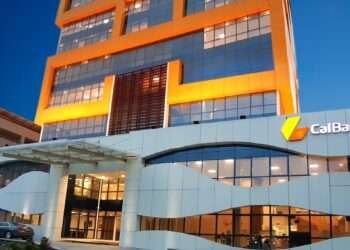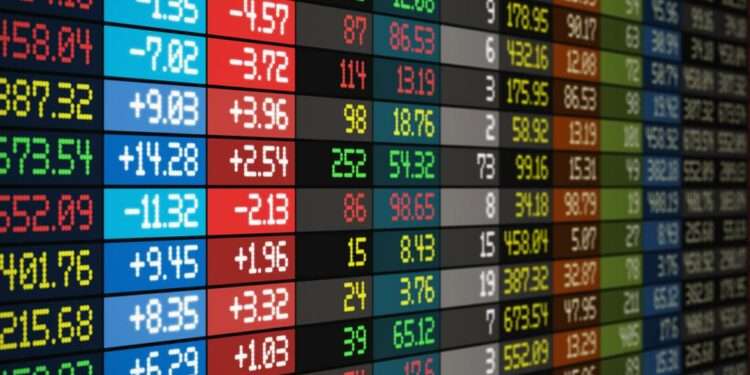The Bank of Ghana in fulfilling its promise of the 10-billion-cedi support to government’s budget, has given 5.5 billion Ghana Cedis to the government.
The Finance Minister, Ken Ofori-Atta, made this known during a presentation on Thursday to Parliament over government’s plan to trigger section 30 (6) of the Bank of Ghana Act.
Addressing the House after tabling the report in Parliament, the Finance Minister stated that the Central Bank has already advanced 5.5 billion Ghana Cedis to government this month to meet its financial obligations.
“Given the exceptional circumstances and the challenges, the Minister of Finance, the Governor of the Bank of Ghana and the Controller and Accountant General, as required under Section 30 of the Bank of Ghana (Act 612) as amended, have agreed to trigger the emergency financing provision under the law, which permits increasing the limit on the purchase of Government securities by Bank of Ghana in the event of any emergency, to help finance the residual expenditures,” he said.
The move by the Central Bank is to help government gain 10 billion Ghana Cedis in domestic financing in order to address the economic challenges caused by the coronavirus pandemic.
According to Mr. Ofori-Atta, the first installment of the bond which is the GH¢ 5.5 billion was announced on May 15, 2020.
By this, the Bank of Ghana set aside a Memorandum of Understanding (MoU) with the IMF which barred the central bank from financing the government’s budget which had been the norm in previous years.
An additional 4.5 billion cedis will be provided through the acquisition of government assets, but that will be dependent on developments going forward.
The outbreak of the pandemic has since caused terrible consequences on the economy. As a result, government has been implementing various fiscal and monetary measures to fill the outstanding financing gap and mitigate the adverse effect and provide relief for businesses and households.
This led to the passing of the Fiscal Responsibility Act to control budget overruns as part of efforts to check expenditure.
These include the IMF Rapid Credit Facility of US$1 billion, World Bank Development Policy Operation (DPO) of US$350 million and the Stabilization Fund of $219million.
Three years of economic growth of about 6% has been at a standstill since the outbreak of the novel coronavirus. The Minister of Finance however, projects that growth could slow to 1.5%, the least in 37 years.
He has already indicated that the cumulative effect of the novel coronavirus pandemic will cost Ghana GHS9.505 billion.
Meanwhile, the Ranking Member on the Finance Committee of Parliament, Cassiel Ato Forson, says the Minority will resist what he calls government’s ploy to obtain state funds for election 2020 campaign.





















